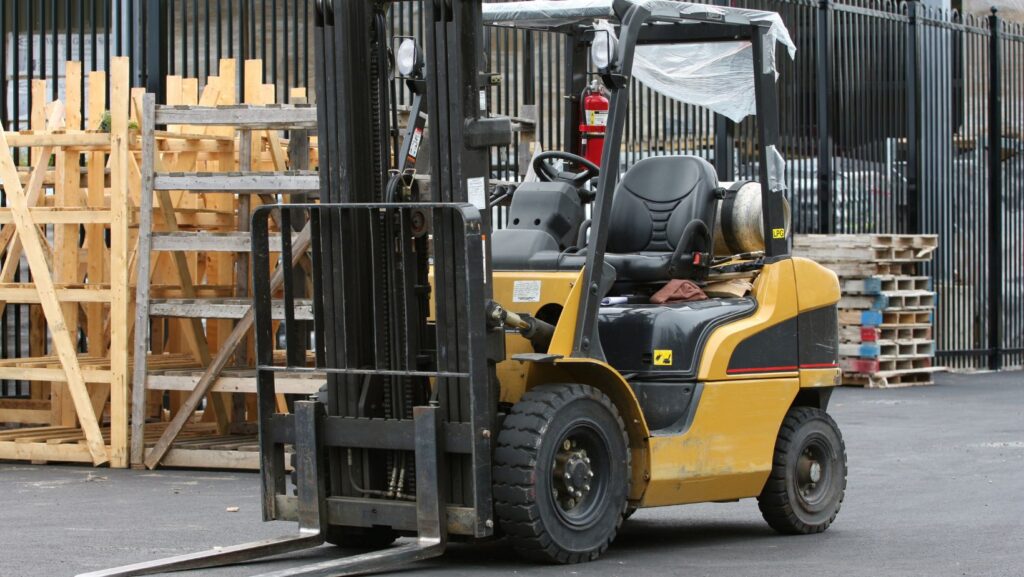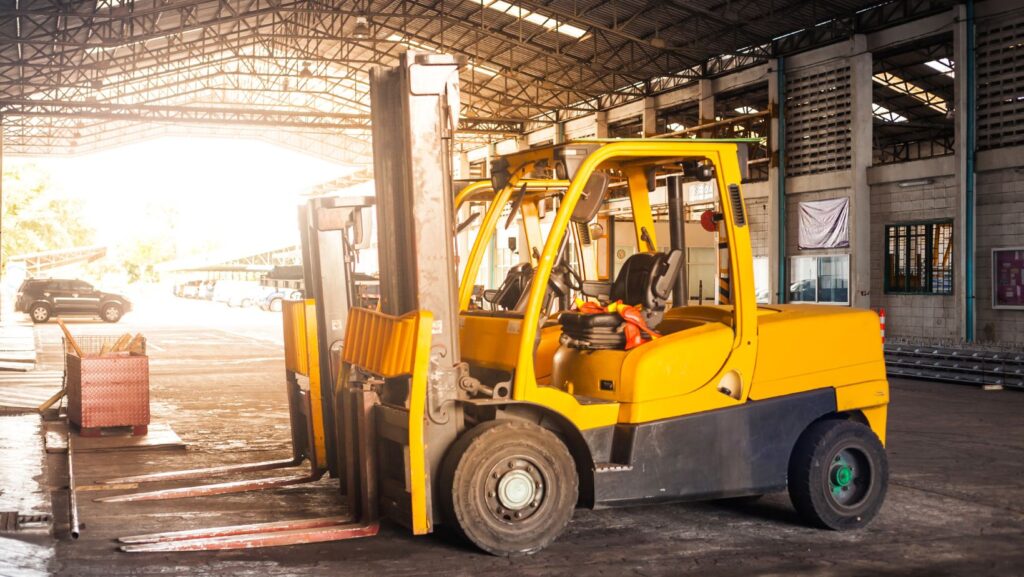In the bustling world of logistics and manufacturing, forklifts are the unsung heroes. They are often taken for granted, performing the heavy lifting that keeps businesses operational. However, neglecting the maintenance of these vital machines can lead to unforeseen costs that go far beyond the mechanics of a breakdown. In this article, we delve into the hidden costs associated with neglecting forklift servicing and why prioritising regular maintenance can save businesses both time and resources.
The Importance of Regular Servicing
Forklifts are complex pieces of equipment that require consistent servicing to function optimally. Just like any other vehicle, they accumulate wear and tear over time. Failing to keep up with regular maintenance can result in:
1 Equipment Downtime: A broken-down forklift can halt operations, leading to delays in production and delivery. In a competitive market, every minute counts. The financial implications of downtime can be staggering.
2 Increased Repair Costs: Minor issues can quickly escalate into significant problems if left unattended. For instance, a small hydraulic leak could lead to a major hydraulic failure, costing much more to repair. Regular servicing helps identify and rectify these small issues before they evolve into larger, costlier repairs.
3 Decreased Safety: Forklifts carry heavy loads, and any malfunction could pose a danger not just to the operator but also to those working nearby. Poorly serviced forklifts can lead to accidents, resulting in injury claims and potential legal repercussions.
4 Wasted Fuel: An unfavourably tuned engine and poorly maintained components can lead to inefficiencies in fuel consumption. This may seem trivial, but over time, the cumulative costs can noticeably spike company expenses.
Engaging professional equipment care services ensures that your forklifts receive the attention they need to avoid these pitfalls. Experts can spot issues before they become problems, keeping your fleet running smoothly and efficiently.
The Financial Impact of Poor Maintenance
The financial impact of neglecting forklift servicing extends beyond immediate repair costs. Here are several dimensions of this issue:
1. Operational Inefficiencies
When a forklift is not operating at peak performance, it can reduce overall efficiency. Workers may need to exert more effort, or operations may slow down due to machinery that isn’t functioning as it should. This inefficiency can lead to missed deadlines and potentially dissatisfied customers, affecting the bottom line.

2. Loss of Productivity
In settings where time is money, the loss of a single forklift — due to mechanical failure — can disrupt the entire operation. For instance, if a warehouse depends on three forklifts and one goes down for repairs, the remaining two must cover the workload. This scenario can throw the whole logistics chain into chaos, resulting in delays, overtime pay, and increased labour costs.
3. Impact on Asset Value
Forklifts, like any other piece of machinery, depreciate over time. However, neglecting servicing can accelerate this depreciation. A well-maintained forklift can retain its value for longer; conversely, one with a history of poor maintenance might significantly drop in resale value. Businesses looking to replace or upgrade their fleet should consider this when budgeting.
4. Training and Retraining Costs
Inadequate forklift conditions can lead to more accidents, necessitating additional training or retraining of operators. This not only incurs cost but also takes valuable time away from productive work. Investing in regular maintenance can help create a safer work environment, ultimately saving on training costs and improving staff morale.
Choosing the Right Maintenance Strategy
Implementing a proactive maintenance strategy can mitigate these risks. Here are some actionable tips:
1. Schedule Regular Inspections
Set up a routine inspection plan with a dependable service provider. Monthly or quarterly checks can catch potential issues early and provide an opportunity for timely repairs.
2. Keep Detailed Records
Maintaining a log of all servicing history, repairs, and inspections can offer valuable insights into the performance of each forklift. This data can inform future maintenance needs and improve overall operational strategy.
3. Train Staff on Basic Maintenance
While you should rely on professionals for in-depth services, training your staff on basic maintenance (like conducting daily safety checks) can empower them to spot early signs of trouble.
4. Invest in Quality Parts
Using genuine parts during repairs can ensure longevity and reliability. Cheaper alternatives may save costs upfront but can lead to more significant expenses down the line.
Conclusion
Neglecting forklift servicing might seem like a cost-saving measure in the short term, but the hidden expenses can quickly add up, affecting not just the machinery but the entire operational framework of a business. From lost productivity to increased safety risks, the ramifications of a poorly maintained forklift fleet can severely impact your bottom line and operational integrity.

Investing in professional equipment care services can provide peace of mind and ensure that your forklifts run reliably and efficiently. With proactive planning and consistent maintenance, businesses can avoid the pitfalls associated with neglect and set themselves up for sustained operational success. By prioritising regular servicing, companies can protect their assets, enhance safety, and ultimately drive profitability in their operations.




